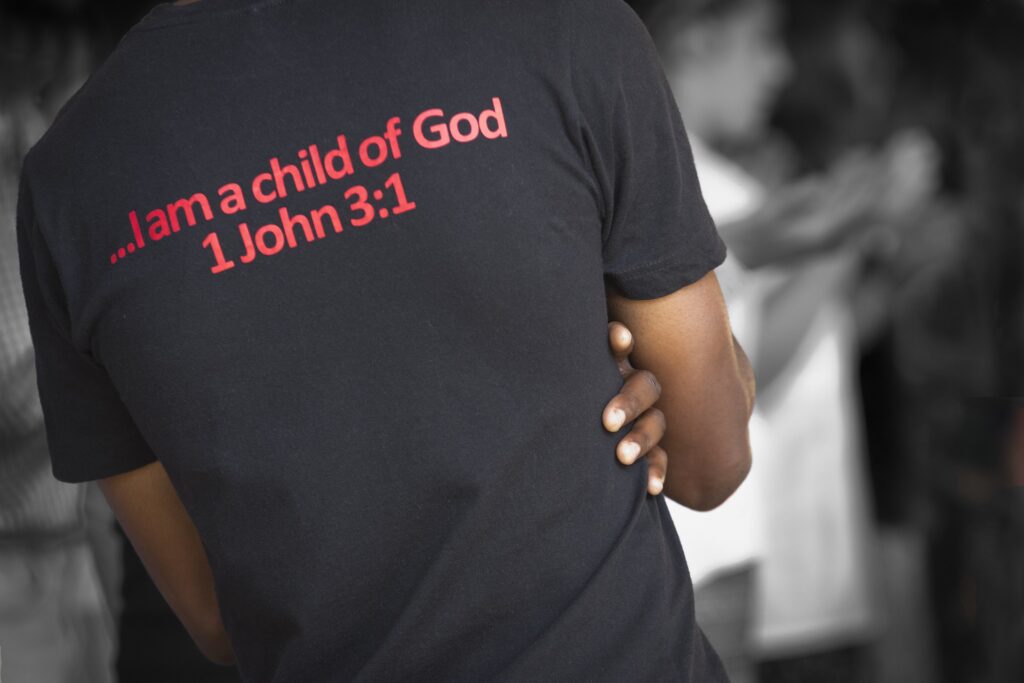
Conflicting Consciences
I wrote the other day about the necessity for Christians to vote (or not vote) according to their conscience. Whenever a statement like that is made, some people of God will invariably say that a Christian’s conscience must vote for candidates which are pro-life and pro-family values. Some of my fellow believers are beyond shocked when a fellow believer votes for a candidate who supports abortion or gay marriage or some other immoral activity. I must confess, that while I believe the Republican Party only panders to conservative Christians on moral issues, my conscience would not allow me to vote for a candidate who supported immorality. But, some of my brothers and sisters can and do; some brethren I know vehemently oppose infanticide, but they view abortion as a moral issue, one politicians cannot and will not change.
A conscience must be trained by Scripture to work appropriately (and tomorrow, Lord willing, I’ll write about how to have a biblically-based conscience). But, must a properly trained conscience look exactly the same from believer to believer? In other words, will my conscience dictate the same behavior for me that your conscience dictates for you? No, not necessarily.
Scripture does urge us to be of one mind: Paul told the Corinthians: “I appeal to you, brothers, by the name of our Lord Jesus Christ, that all of you agree, and that there be no divisions among you, but that you be united in the same mind and the same judgment” (1 Cor 1:10). When God has spoken on a subject—whatever that subject may be—there is no room for Christians to differ; we must speak the same thing.
However, where God has not spoken—and, like it or not, God has not told us how to vote—we must respect the liberty of our fellow Christians whose conscience may differ from ours: “Let no one pass judgment on you in questions of food and drink, or with regard to a festival or a new moon or a Sabbath” (Col 2:16). In 1 Corinthians 8, Paul gives guidance on what Christians should do when consciences differ—some, because they formerly worshiped idols saw eating meat sacrificed to idols as homage to that god, but the more mature Christians, understanding food sacrificed to an idol was simply food, could eat that meat. Paul urged the stronger brethren not to defile the conscience of the weaker brothers. The strong and weak consciences had both, in a sense, been trained by God’s Word: those with a weak conscience understood only the living God deserves worship while the more mature consciences understood that meat offered to an idol was simply food. Paul urged those with the stronger conscience not to lead their fellow believers into sin for the sake of food. Again, about matters of conscience, Paul wrote, “Each one should be fully convinced in his own mind” (Rom 14:5); we must, in other words, be fully persuaded we are acting properly.
Even our trained consciences may differ on the best course of action when applying biblical principles, and we dare not judge those whose consciences differ from ours. Let me give a couple examples of places our consciences may differ:
- Letting someone in front of me when traffic is heavy. Let me confess something: It would greatly bother my conscience if I didn’t let someone in front of me in heavy traffic. With the holiday season right around the corner, traffic around Roanoke will be heavy, and I’ll try to let a driver in front of me whenever I can. Why? Because I’d want the same treatment and Jesus taught us to do unto others as we’d like done to us (Matt 7:12). My conscience applies that truth by an attempt to be kind when I’m driving.
- Using a certain word. I’m not going to tell you what the word is, but I vividly remember watching The People’s Court when a man lost his case and used a certain word. My mother told me it was not a nice word, and I cringe every time I hear it. I hear Christians use this word all the time, and most of you would not consider the word unbecoming for a Christian. But, using the word would violate my conscience because I was told the word wasn’t a kind word when I was but a child.
The point is that even biblically trained consciences may differ from time to time. As they differ from one another, we cannot judge a brother or sister for acting consistent with a good conscience. Christian liberty, I believe, extends to the ballot box, and we dare not look down upon those whose consciences—trained consciences—differ from ours.
Tomorrow, I’ll talk about the best ways to develop a godly conscience. Until then, God bless!





